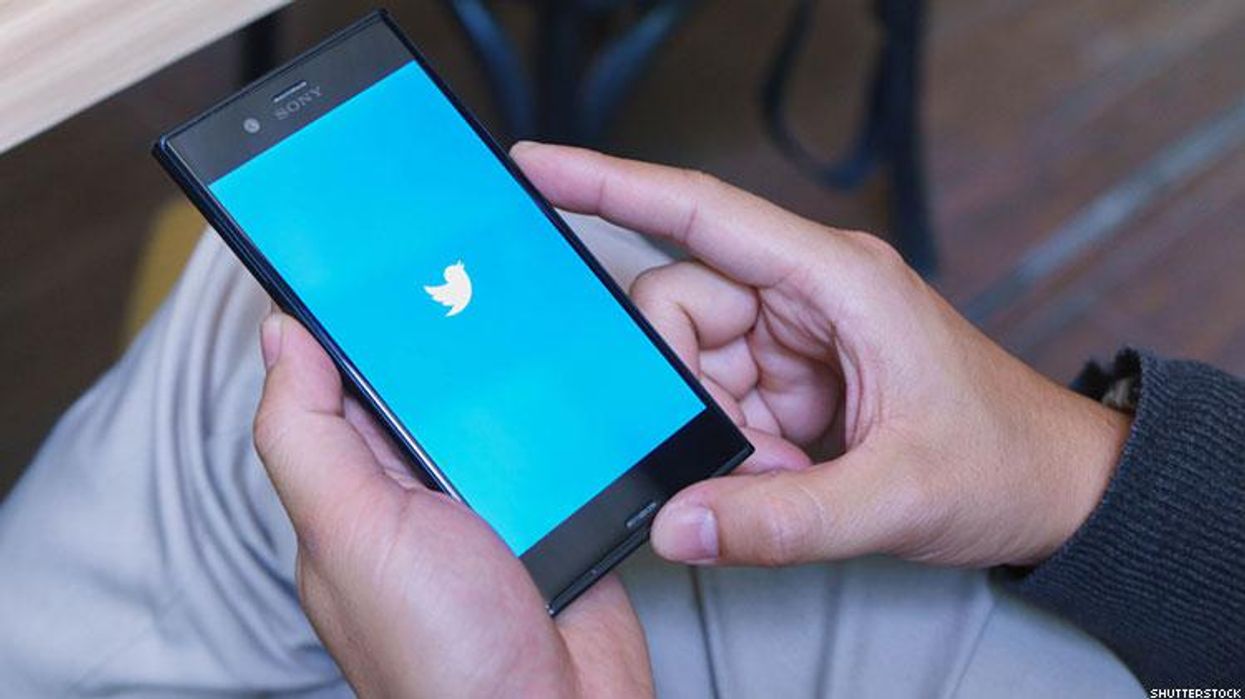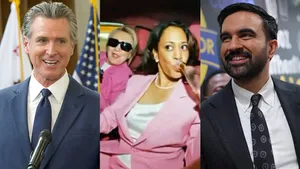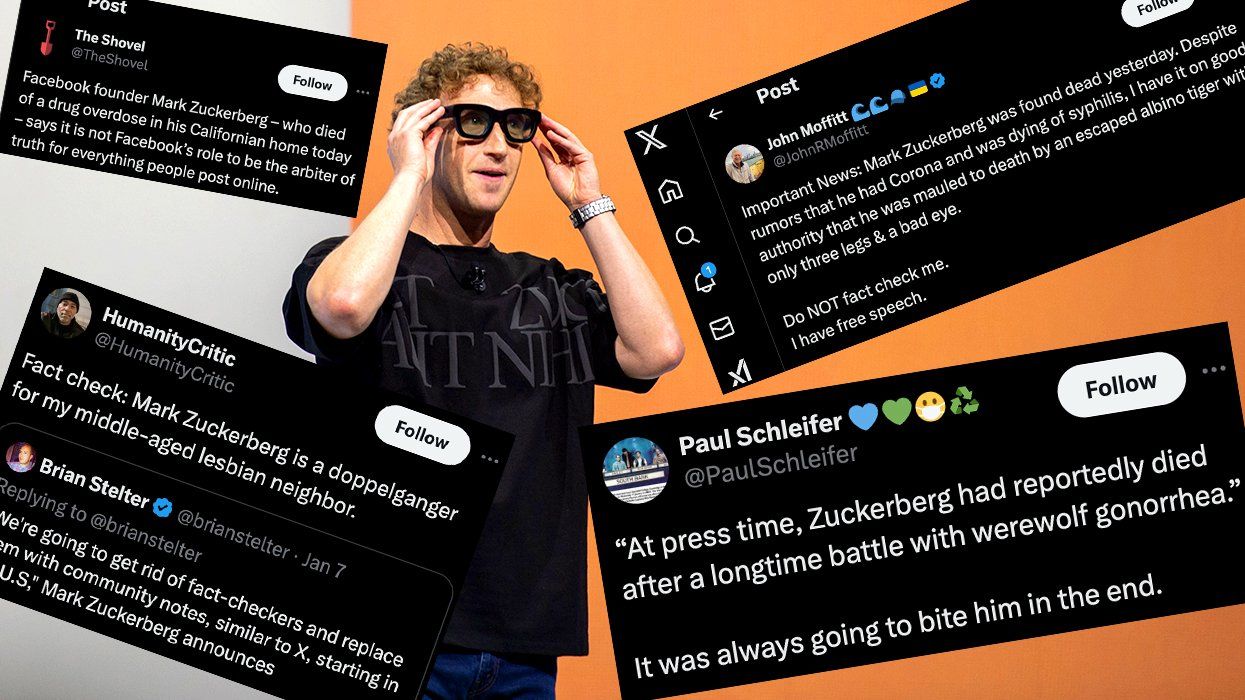LGBTQ Twitter users called out the massive social media site for an algorithm that caused anyone who used the word "queer" to have their account limited. As the latest incident in a recent pushback involving queer users on the internet, it is reflective of the current treatment of LGBTQ people involved in various fields of technology. If social media and other tech corporations want to keep its queer users and employees around, they must learn to work with them—not against them.
For the past year, social media sites that include Facebook, Tumblr, and YouTube have been making it harder for queer users to interact with the sites. Like Twitter, Facebook has not only been censoring queer users reclaiming slurs, but they have also been enforcing a "real name" policy since 2015. This policy harms queer and trans users by forcing them to use their birth names instead of their chosen names.
Meanwhile, YouTube has been putting the content of queer creators in restricted mode. As a result, the videos are not only unviewable by the public, but the creators themselves also aren't able to make money from ad revenue. Tumblr had a similar issue last year when an update to the site's "safe mode" setting caused LGBTQ content to get blocked.
Given the positive influence of online spaces on LGBTQ people, it is really disheartening to see major social media corporations dismiss the needs of queer users. A 2013 study from GLSEN found that although queer youth were more likely to be the target of harassment and bullying online, the internet also served as a way for them to find peer support and resources.
In addition to this influence, there is also a historical significance that should be considered. Most people don't realize that the precursors to social networking and today's online queer spaces were created by queer people in the 1980's. As the internet became more advanced, the influence from early online queer spaces spread into spaces like AOL (which was also known as GayOL).
Despite the impact of LGBTQ tech users and creators, major tech corporations don't seem to know how to accommodate them well enough. Last year, a study from the Kapor Center of Social Impact revealed that toxic workplace environments caused by bullying, harassment, and underpayment were the main source of LGBTQ people leaving the tech field.
Today, there are many LGBTQ people in tech who have gone on and created services and apps aimed toward LGBTQ peoples. TransTech Social Enterprises, a company founded by Angelica Ross, helps queer people in tech get trained and find jobs. Another group, GLEAM, is Microsoft's internal LGBTQ employee resource that has strived to make a healthy and fair workplace for LGBTQ people since 1993.
Even if Twitter or YouTube were to hire LGBTQ people to work for them and improve their sites and apps, there is no way that they would be able to keep them as employees if they aren't being treated as equals. It is high time that tech corporations confront their ignorance and educate themselves about the specific needs of LGBTQ people that must be addressed online and in their workplace.


































































